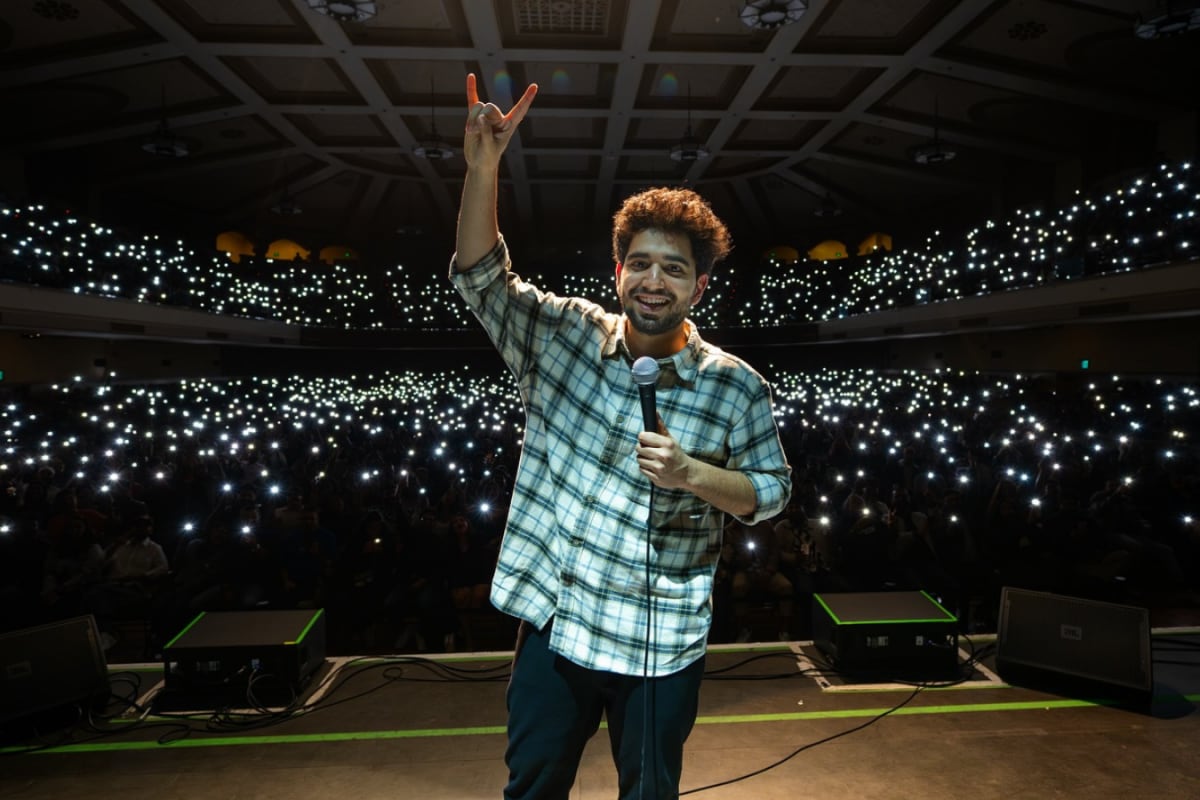

Comedian Samay Raina has sparked a debate about parental responsibility and the content that young children consume online. In a recent podcast, recorded in January 2025, Raina expressed his belief that parents are primarily responsible for monitoring what their children watch, rather than placing the onus on content creators to filter their material. This statement comes amidst a shifting landscape of online entertainment, where digital content creators cater to diverse audiences, including younger viewers.
Raina's comments arose in the wake of controversy surrounding his YouTube show, "India's Got Latent." An episode went viral due to distasteful comments, leading to significant backlash and multiple FIRs being filed against the panelists. The comedian ultimately removed all episodes of the show and pledged cooperation with authorities.
Despite the controversy, Raina is moving forward with his career, announcing international shows and continuing to engage with his audience through various platforms. He maintains that creators should not be expected to tailor their content to suit all age groups. Instead, he emphasizes the importance of authenticity and self-acceptance, arguing that filtering content to appease everyone would be detrimental to creative expression.
"Parents need to be responsible if 8-year-olds are watching me," Raina stated, highlighting his belief that parents should actively guide their children's viewing habits. He recalled that his own parents restricted his television consumption as a child, implying a similar level of parental oversight is necessary in the digital age.
While Raina's audience skews young, largely between 16 and 20 years old, the comedian's content often tackles mature themes and dark humor. This raises questions about the appropriateness of such material for younger viewers and the role of parents in setting boundaries. Some online users have criticized Raina's jokes, citing instances of him making light of serious issues such as abortion, rape, mental health, and disability.
Raina's perspective is not without support. Many agree that parents should play an active role in their children's online experiences, monitoring the content they consume and engaging in conversations about responsible digital citizenship. This approach emphasizes media literacy and critical thinking skills, empowering children to make informed choices about what they watch and how they interact online.
The debate surrounding Raina's comments underscores the complex relationship between content creators, audiences, and parental responsibility in the digital age. While creators have a role to play in producing responsible content, parents ultimately bear the primary responsibility for guiding their children's media consumption and fostering healthy online habits.